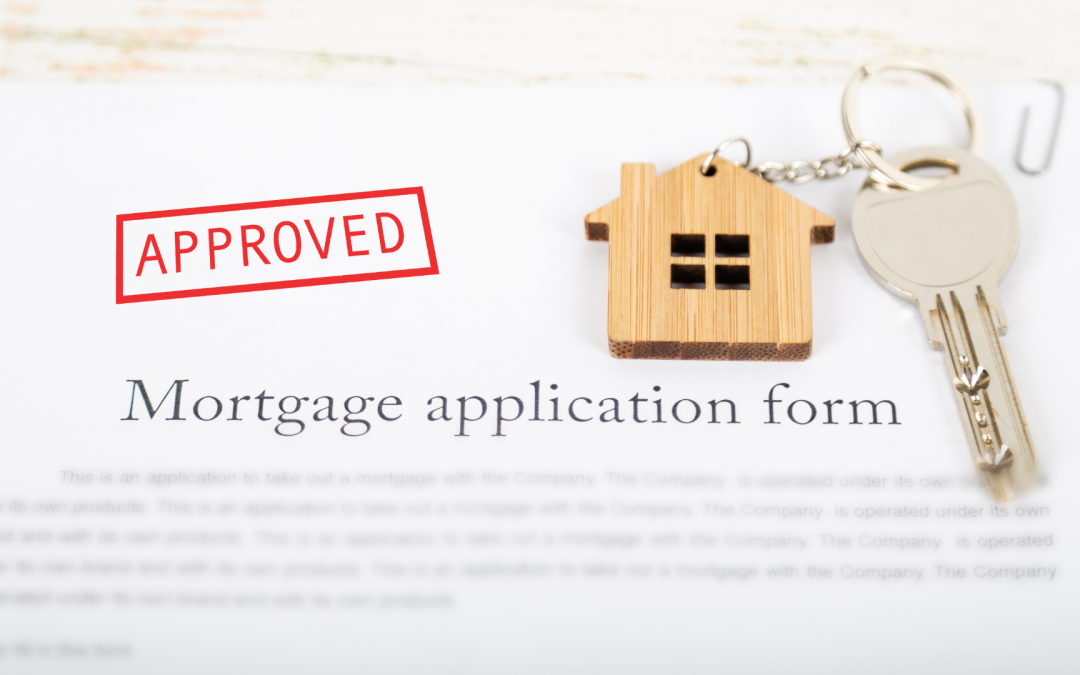Choosing the right mortgage is one of the most critical decisions when buying a home. With so many options available, it can feel overwhelming, but understanding the basics can help you make an informed choice that suits your financial situation and long-term goals. Here’s a guide to help you navigate the process:
1. Understand Different Types of Mortgages
There are several types of mortgages, each with its benefits and drawbacks. Here are the most common ones:
- Fixed-Rate Mortgages: With a fixed-rate mortgage, your interest rate stays the same throughout the loan term. This means your monthly payments will remain consistent, making budgeting easier. Fixed-rate mortgages are ideal if you plan to stay in your home for a long time and want the stability of predictable payments.
- Adjustable-Rate Mortgages (ARMs): ARMs have an interest rate that can change over time. Typically, they start with a lower rate for an initial period (e.g., 5, 7, or 10 years) and then adjust annually based on market conditions. ARMs might be a good choice if you plan to sell or refinance before the rate adjusts or expect interest rates to decrease.
- FHA Loans: Backed by the Federal Housing Administration, FHA loans are designed for first-time homebuyers or those with less-than-perfect credit. They often require a lower down payment and have more lenient credit requirements, but you’ll need to pay mortgage insurance premiums.
- VA Loans: Available to veterans, active-duty service members, and certain members of the National Guard and Reserves, VA loans offer competitive interest rates and don’t require a down payment or mortgage insurance. This can be a great option if you qualify.
- USDA Loans: These loans are designed for buyers in eligible rural and suburban areas. USDA loans offer low interest rates and don’t require a down payment, making them an affordable option for those in qualifying areas.
2. Consider Your Financial Situation
Your current financial situation is crucial in determining which mortgage is right for you. Here are a few things to consider:
- Down Payment: How much can you afford to put down upfront? A larger down payment can lower your monthly payments and may qualify you for better interest rates. If you don’t have a lot of savings, consider an FHA loan or another low-down-payment option.
- Monthly Budget: Look at your monthly income and expenses to determine how much you can afford to spend on a mortgage payment each month. Don’t forget to factor in other costs of homeownership, such as property taxes, insurance, and maintenance.
- Credit Score: Your credit score will impact the types of loans you qualify for and the interest rates offered. If your score is lower, you might look into FHA or VA loans, which are more forgiving of credit issues.
3. Think About Your Future Plans
Your future plans can influence the type of mortgage that’s best for you:
- How Long Do You Plan to Stay in the Home? If you plan to stay for many years, a fixed-rate mortgage might be the safest option. If you think you might move in a few years, an ARM with a lower initial rate could save you money.
- Do You Expect Your Income to Change? If you anticipate a significant change in your income—an increase due to a promotion or a decrease due to retirement—think about how that will affect your ability to make mortgage payments. A fixed-rate mortgage offers stability, while an ARM might provide short-term savings.
4. Shop Around for the Best Rates and Terms
Don’t settle for the first mortgage offer you receive. Shop around and compare rates from different lenders. Consider the loan terms, interest rates, fees, and closing costs. Even a small difference in interest rates can save you thousands of dollars over the life of the loan.
5. Get Pre-Approved
Before you start house hunting, it’s a good idea to get pre-approved for a mortgage. This will give you a clear understanding of how much you can afford to borrow and show sellers that you’re a serious buyer. Pre-approval can also help you lock in an interest rate, which can be beneficial if rates rise while you search for a home.
Choosing the right mortgage requires careful consideration of your financial situation, future plans, and the various loan options. By understanding your needs and shopping around for the best deal, you can find a mortgage that fits your budget and helps you achieve your homeownership goals. Take your time, ask questions, and don’t be afraid to seek advice from a financial advisor or mortgage professional to make the best decision for your unique circumstances.






